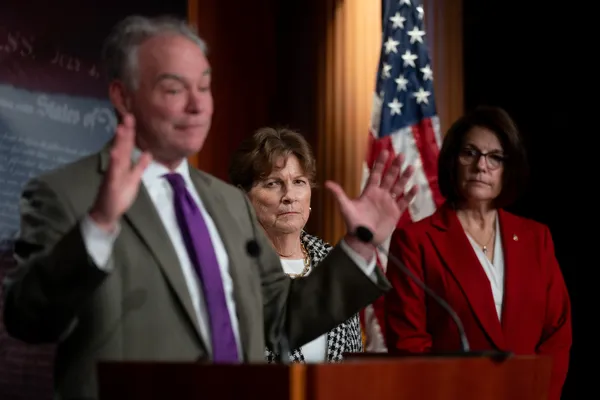
The Trump administration recently issued a directive to states to 'immediately undo' the action taken to fully fund November food-aid benefits, casting uncertainty over the program that supports 42 million low-income Americans. The decision, which comes amid ongoing economic turbulence, could have far-reaching consequences not just for those directly affected, but also for the broader economy.
This abrupt policy reversal has potential to exacerbate financial hardship among the already vulnerable population that the food-aid program, also known as the Supplemental Nutrition Assistance Program (SNAP), supports. Many of these individuals and families are still grappling with the economic fallout of the pandemic, and a reduction in food aid could push them further into poverty.
From a macroeconomic perspective, the rollback of full food aid funding could also dampen consumer spending, a key driver of economic growth. With less money for food, low-income households are likely to cut back on other expenses, potentially slowing economic recovery.
For small business owners, particularly those in the food and retail sectors, a cut in SNAP benefits could lead to reduced sales. This could affect their profitability and potentially force some businesses to cut back on staff or even close. Meanwhile, for investors, the decision could create a more uncertain economic environment, potentially impacting market sentiment and investment decisions.
Policy-makers will also need to grapple with the societal fallout of this decision. Increased food insecurity could lead to higher healthcare costs and increased demand for other forms of social support. This could place additional pressure on already stretched state budgets.
On a more personal level, the rollback of full food aid funding could cause significant emotional distress for those affected. Food insecurity can lead to feelings of shame and anxiety, and can negatively impact mental health. The potential for increased social unrest should not be overlooked.
In conclusion, while the full impact of the Trump administration's decision remains to be seen, it is clear that the consequences could reach far beyond those directly affected by the food-aid program. As the economic and societal fallout unfolds, the decision serves as a reminder of the interconnectedness of social support programs, the economy, and societal well-being.

 Next
Next
Comments (0)
Leave a comment